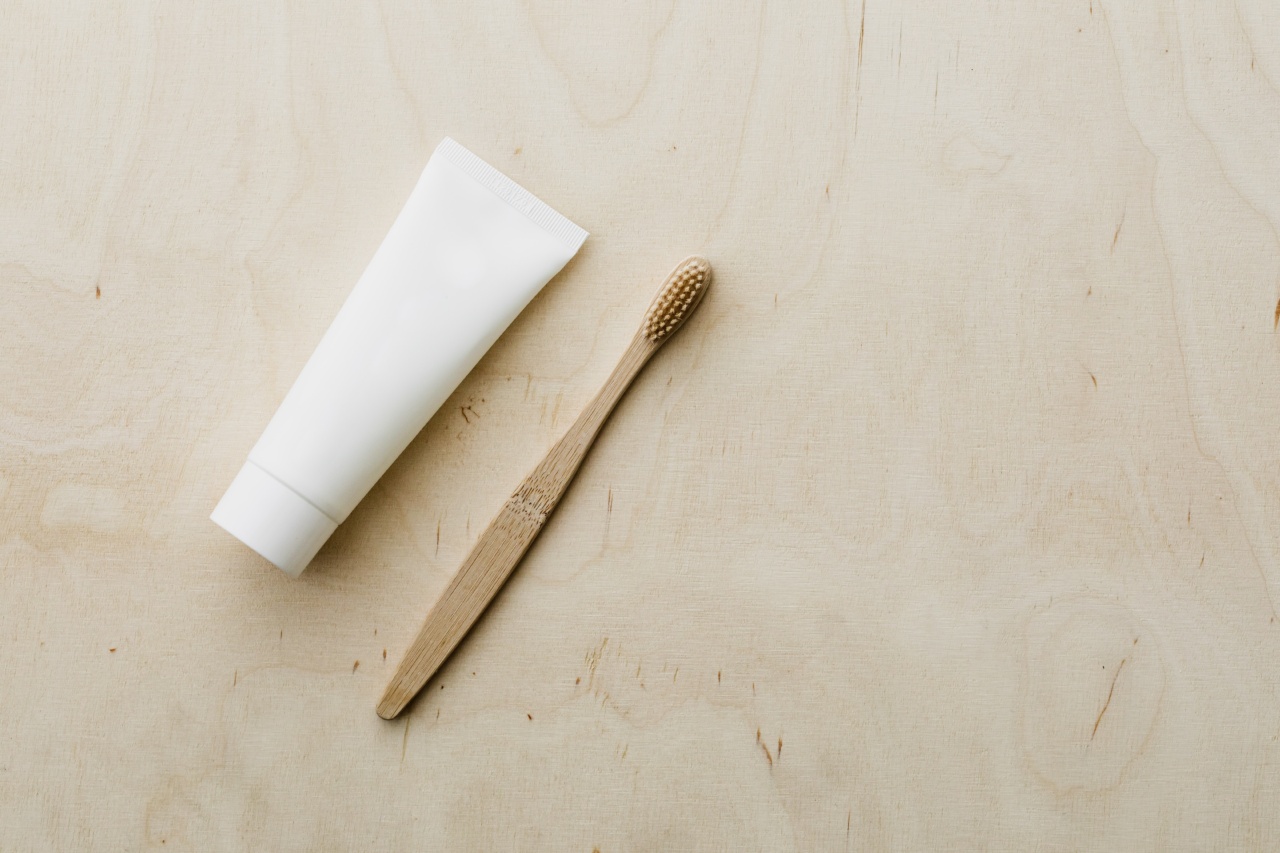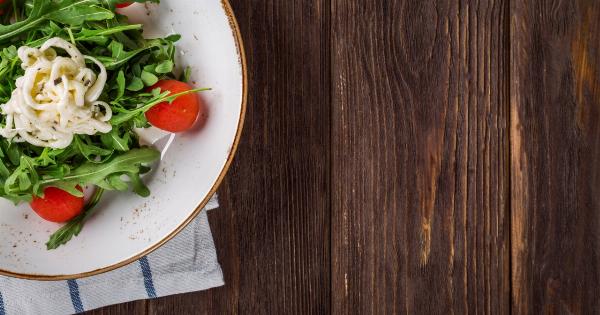Salt is an essential ingredient in our daily meals. It enhances the taste of food and helps in preserving it. However, excessive consumption of salt can lead to several health problems like high blood pressure, stroke, and heart disease.
Therefore, it is necessary to reduce the amount of salt in your daily meals.
Tip #1: Use herbs and spices
One of the easiest ways to reduce salt in your meals is by using herbs and spices in your cooking. You can use fresh or dried herbs and spices to add flavor to your food.
Some popular herbs and spices include basil, oregano, thyme, rosemary, garlic, ginger, and turmeric.
Tip #2: Cook with less salt
Another way to reduce salt in your meals is by cooking with less salt. You can gradually reduce the amount of salt you use while cooking until you get used to the taste.
You can also replace salt with other flavoring agents like lemon juice, vinegar, or low-sodium soy sauce.
Tip #3: Read labels
When you buy packaged or processed foods, make sure to read the labels carefully. Look for foods that are low in sodium or have no added salt. You can also compare different brands and choose the one with the lowest sodium content.
Tip #4: Limit intake of salty foods
Some foods are naturally high in salt, like processed meats, cheese, pickles, and canned foods. Try to limit the intake of these foods or opt for the low-sodium versions of these products.
You can also rinse canned foods before using them to reduce their sodium content.
Tip #5: Choose fresh ingredients
Fresh ingredients like fruits and vegetables, whole grains, and lean meats are naturally low in sodium. Make sure to include these foods in your daily meals to reduce your salt intake.
You can also prepare your meals from scratch using fresh ingredients to control the amount of salt.
Tip #6: Use salt substitutes
There are many salt substitutes available in the market that can be used to reduce salt in your meals. These substitutes are usually made from potassium chloride and have a similar taste to salt.
However, they may not be suitable for people with certain health conditions. Consult your doctor before using salt substitutes.
Tip #7: Avoid eating out
Eating out can be challenging when it comes to reducing salt in your meals. Most restaurants add a lot of salt to their dishes to enhance the taste. Try to limit eating out or choose restaurants that offer low-sodium options.
You can also ask the waiter to prepare your food with less salt.
Tip #8: Experiment with flavors
Reducing salt in your meals does not mean compromising on taste. You can experiment with different flavors like sweet, sour, bitter, and umami to add depth to your food.
You can also try different cooking techniques like roasting, grilling, or steaming to enhance the flavor of your food.
Tip #9: Drink plenty of water
Drinking plenty of water can help flush out excess salt from your body. Make sure to drink at least eight glasses of water per day to stay hydrated. You can also opt for low-sodium sports drinks or coconut water to rehydrate after exercising.
Tip #10: Seek help
Reducing salt in your meals can be challenging, especially if you are used to eating salty food. Seek help from a registered dietitian or a health coach who can guide you with meal planning and provide you with healthy recipes.
You can also join support groups or online forums to get advice from people who are also trying to reduce their salt intake.































